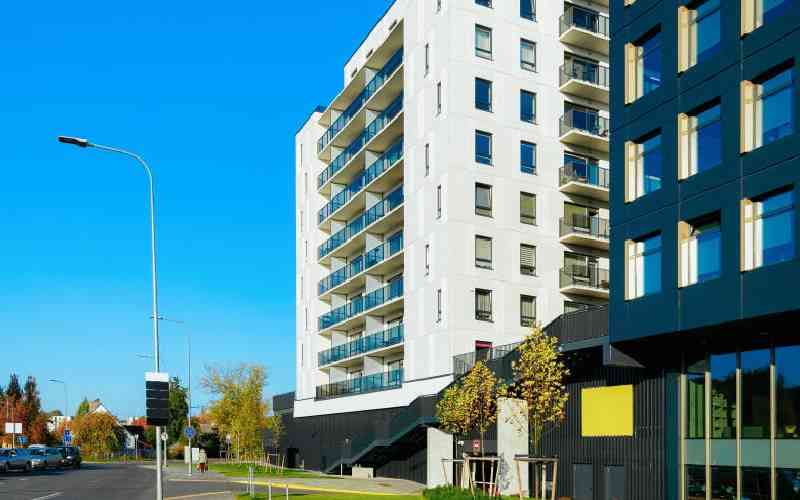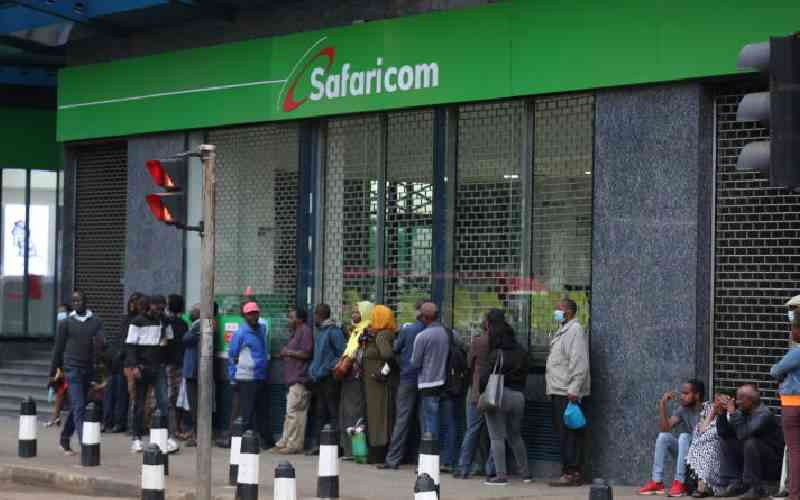×
The Standard e-Paper
Smart Minds Choose Us

Apartments in Nairobi suburbs have recorded a drop in prices over the last 12 months with the latest HassConsult property index showing Riverside having the highest contraction in the third quarter of the year.







